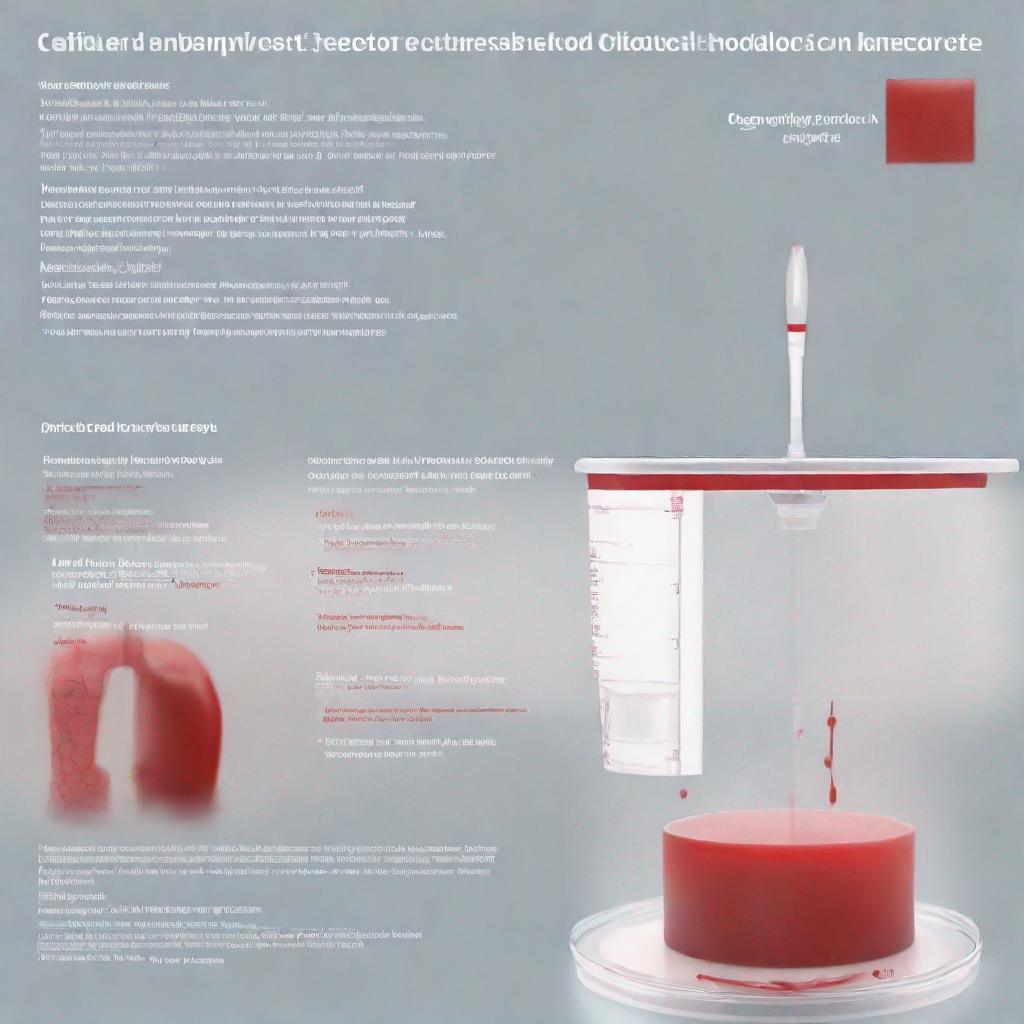## Colposcopy: A Vital Procedure for Detecting and Monitoring Cervical Health
### Introduction
Colposcopy is a crucial medical test that allows healthcare providers to examine the cervix and surrounding area in great detail. This procedure helps identify and monitor precancerous and cancerous changes in the cervix, playing a critical role in preventing and detecting cervical cancer.
### Procedure
During a colposcopy, a specialized magnifying instrument called a colposcope is used to examine the cervix, external cervical os, and the transformation zone where the cervical canal meets the vagina. The transformation zone is an area particularly susceptible to cancer development.
The doctor inserts a vaginal speculum to widen the vaginal walls and expose the cervix. A solution is applied to the cervix to highlight abnormal tissue, making it easier to detect any changes. Small samples of tissue (biopsies) may be taken during the procedure to further evaluate any suspicious areas.
Colposcopies are typically performed by gynecologists or other qualified healthcare providers specializing in women’s health.
### Diagnosis
Colposcopy is primarily used to detect and monitor the following conditions:
– Cervical intraepithelial neoplasia (CIN)
– Precancerous cervical lesions
– Human papillomavirus (HPV)
– Cervical dysplasia
– Cervical cancer
### Importance
Colposcopy is crucial because it enables the early detection of precancerous cervical changes, providing the opportunity for prompt treatment and reducing the risk of developing invasive cervical cancer. Regular colposcopies are recommended for individuals with abnormal Pap smear results or other symptoms suggestive of cervical abnormalities.
### Alternatives
Although colposcopy is the standard test for the diagnosis and monitoring of cervical lesions, other alternative tests exist. These include:
– Punch biopsy
– Loop electrosurgical excision procedure (LEEP)
– Cervical conization
### Preparation
Prior to a colposcopy, patients are usually advised to:
– Refrain from intercourse for 24 hours before the test
– Avoid using tampons or vaginal medications
– Inform the healthcare provider about any allergies or conditions they may have
### Duration
Colposcopies typically take about 15-30 minutes. However, the duration may vary depending on the individual and whether biopsies are needed. Results are often available within a few days to a week.
### Recommendations
In conjunction with colposcopy, other tests that may be recommended include:
– Pap smear
– Schiller’s test
– Cervical HPV DNA testing
Regular colposcopies, along with other preventive measures, play a significant role in detecting and preventing cervical cancer, a preventable and highly treatable form of cancer. By following these recommendations, individuals can maintain their cervical health and promote their overall well-being.




